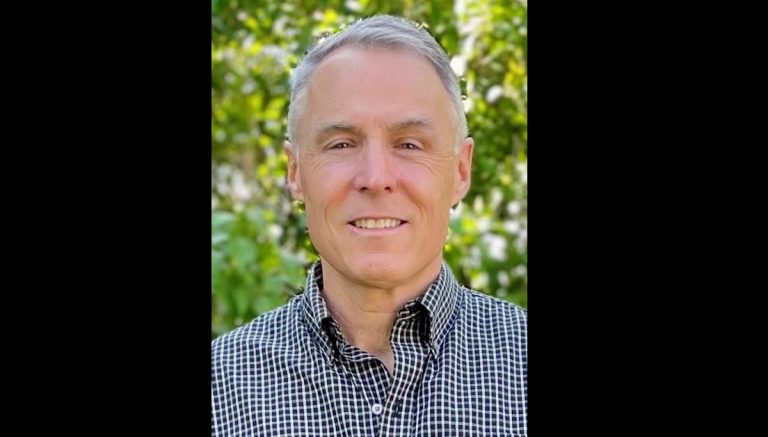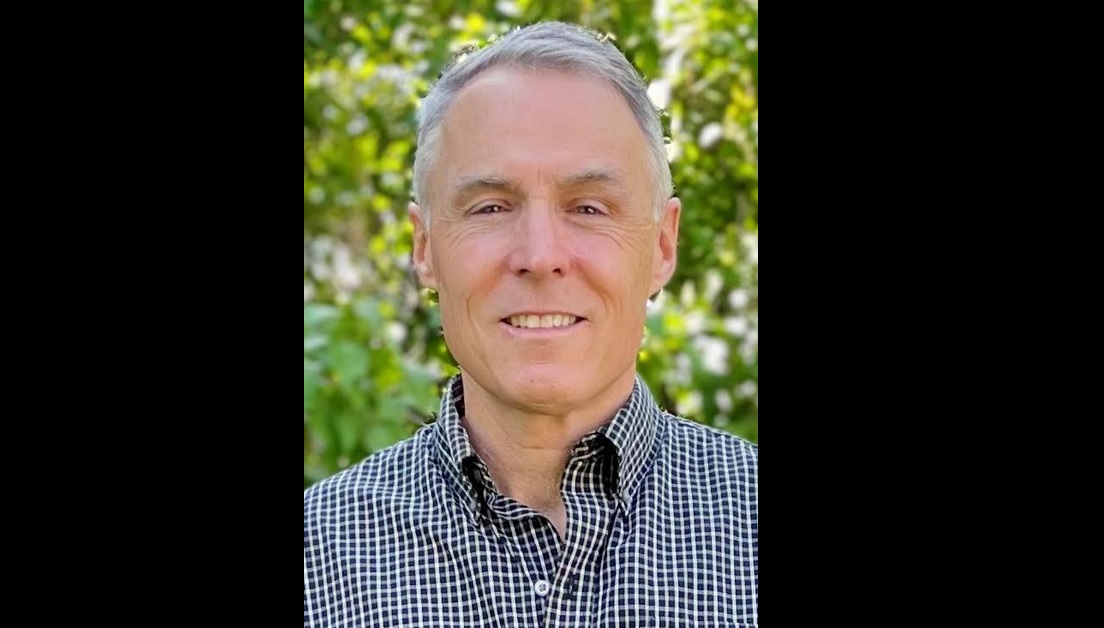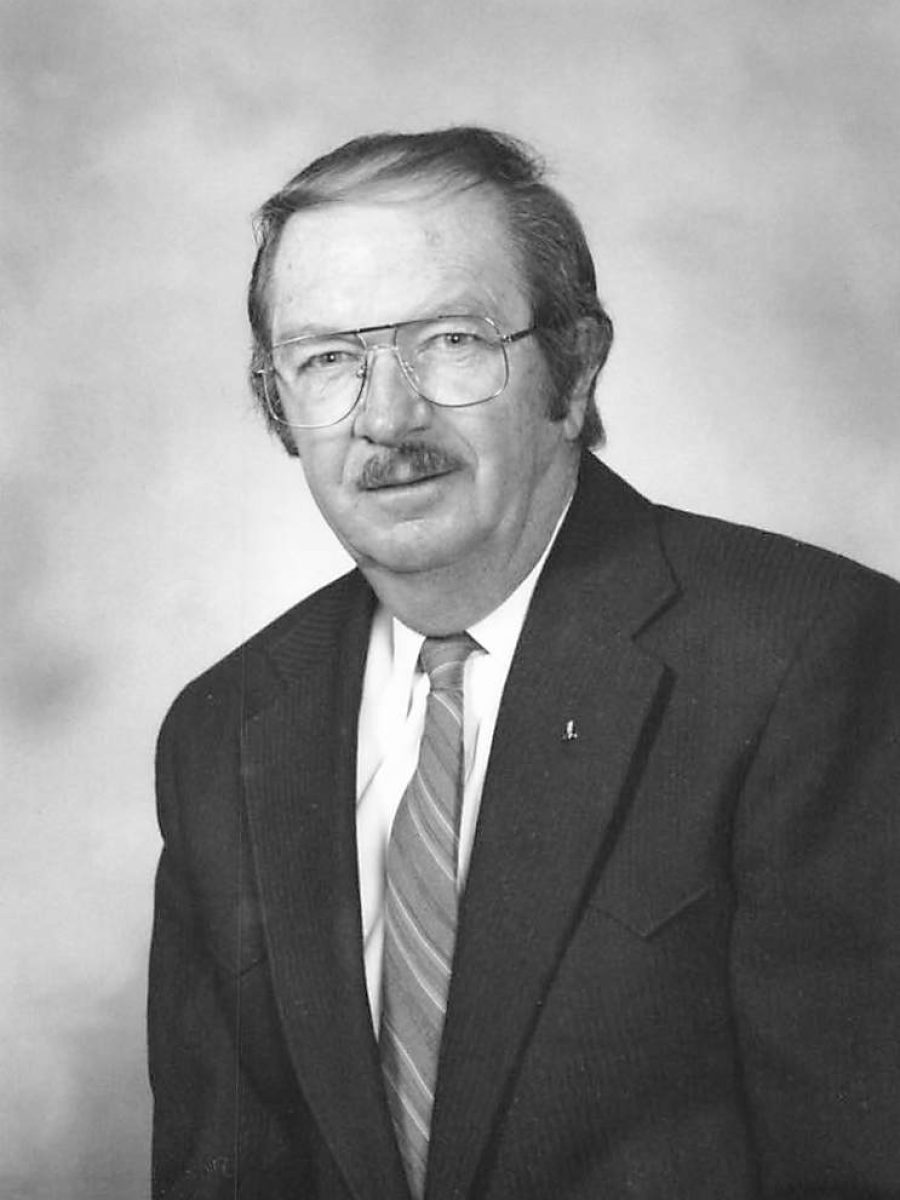STURGIS, S.D. – When he left the U.S. Marine Corps in 1983, after spending six years at Camp Lejeune in North Carolina, Ronald Lawson was a strong, healthy man with a barrel chest, strong arms and a solid frame that carried his 220 pounds with ease.
He was a roofer and mechanic who loved to fish and camp and spend days at a time enjoying the outdoors.
But roughly a decade ago, Lawson’s health and life began to change. In a period of about eight years, his knees and back gave out, he lost vision in one eye, he suffered severe stomach and intestinal pain, and he woke up one day with a lump the size of a goose egg in his neck that turned out to be Stage 4 throat cancer.
Lawson, who never smoked, was stunned at the pace and severity of his sudden illnesses.
“I was never sick a day in my life, and cancer doesn’t run in either side of my family,” he said.
During a recent visit to a Veterans Administration hospital in Sturgis, a doctor asked Lawson if he spent time at Camp Lejeune. In an instant, the doctor’s question dovetailed with all the TV commercials Lawson had been seeing about veterans who served at Lejeune and are suffering from cancer and other serious sickness.
The ads are sponsored by attorneys who are seeking clients who spent time at the North Carolina base from 1953 to 1987 and were known to be exposed to drinking water contaminated with toxic substances.
“The toxic water caused my cancer and all this stuff, there’s no doubt about that,” said Lawson, 65.
Lawson speaks in a growl that is hard to understand because radiation damaged his vocal cords. He weighs only 130 pounds and is frail from nerve damage throughout his body. He cannot eat or swallow normally, so he consumes half a dozen bottles of Ensure protein drink through a portal in his stomach each day. He takes 19 medications twice a day for pain, to sleep and to prevent constipation and other side effects from his medication regimen.
“I’m a shell of a man now,” Lawson said.
Lawson has contacted the Sokolove Law Firm and hopes for a financial settlement, which has been approved by the U.S. Congress to compensate military veterans and civilians. The federal government acknowledges they were sickened by the toxic water at Lejeune.
Despite that assurance, Lawson isn’t sure if he will ever collect.
“They say it might be settled in two years, but I might not be alive in two years,” he said.
According to the federal Agency for Toxic Substances and Disease Registry, the contaminants came from a dry-cleaning company near the bases and leached into two water systems.
In 1982, the agency reported that PCE levels in drinking water supplied to the base and family housing had 1,400 parts per billion, about 280 times the safe level of 5 ppb. The agency said benzene, trichloroethylene, vinyl chloride and dichloroethylene were also present in the camp water.
In 2022, Congress passed the Camp Lejeune Justice Act, which was part of the larger Promise to Address Comprehensive Toxics Act (PACT Act). It gave military veterans and civilian employees the ability to sue the government to obtain medical benefits and financial compensation for injuries or illnesses suffered due to exposure to toxic substances in the line of duty or work.
South Dakota Sens. John Thune and Mike Rounds voted for the PACT Act; Republican Rep. Dusty Johnson voted no.
Attorney Patrick R. Burns, a South Dakota native who practices in Minneapolis, has about 260 clients in the Lejeune lawsuit.
Burns said settlement offers could range from the tens of thousands of dollars potentially up to millions.
“There’s tens of thousands of people affected by this,” he said. “What’s the value of a human life that has been cut short or altered?”
Gene Ridenour, 73, grew up and still lives in Sioux Falls. He served as a machine gun operator during the Vietnam War and was stationed at Camp Lejeune for about six months.
Several years ago, Ridenour lost use of his leg, which he attributes to diabetes brought on by exposure to the defoliant Agent Orange in Vietnam. In 2015, Ridenour was diagnosed with bladder cancer, among the most common cancers related Camp Lejeune.
Ridenour said he still supports the Marine Corps, but is angry with the federal government.
“I’m mad because they should have known, and somebody screwed up,” he said.
John Ercink, 76, grew up near Claire City, S.D., and enlisted in the Marine Corps. He was sent to Vietnam in June 1966, where he served more than a year as a heavy artillery operator.
“When I got out of high school, I was going to church and church programs, and the next thing I knew I was going to Vietnam as an 18-year-old who the Marine Corps had trained to kill,” he said.
His war memories, coupled with exposure to Agent Orange and then the toxic water at Camp Lejeune, have left Ercink ill.
He has nightmares and restless leg syndrome that make it hard to sleep, nerve damage in his legs and feet, and he has had both colon cancer and prostate cancer. Ercink said he also had part of his colon removed and had radiation for prostate cancer, and is doing somewhat better and still working his land.
He can’t be sure that toxic water at Camp Lejeune is to blame for his cancer, Ercink notes that neither form of cancer runs in his family.
“Like I say, I was a healthy young man when I went into the service, and I came back not so healthy,” he said.
While Lawson is angry over his exposure to toxic water, he refuses to give in to bitterness.
“I drank, bathed and ate food cooked in that contaminated water, and I’m mad as hell about that,” he said. “But what are you going to do about it? Sit here and complain every day? That isn’t me because I consider myself a strong man and I’m not going to go down to that level. You’ve got to live the life you have as best you can.”













